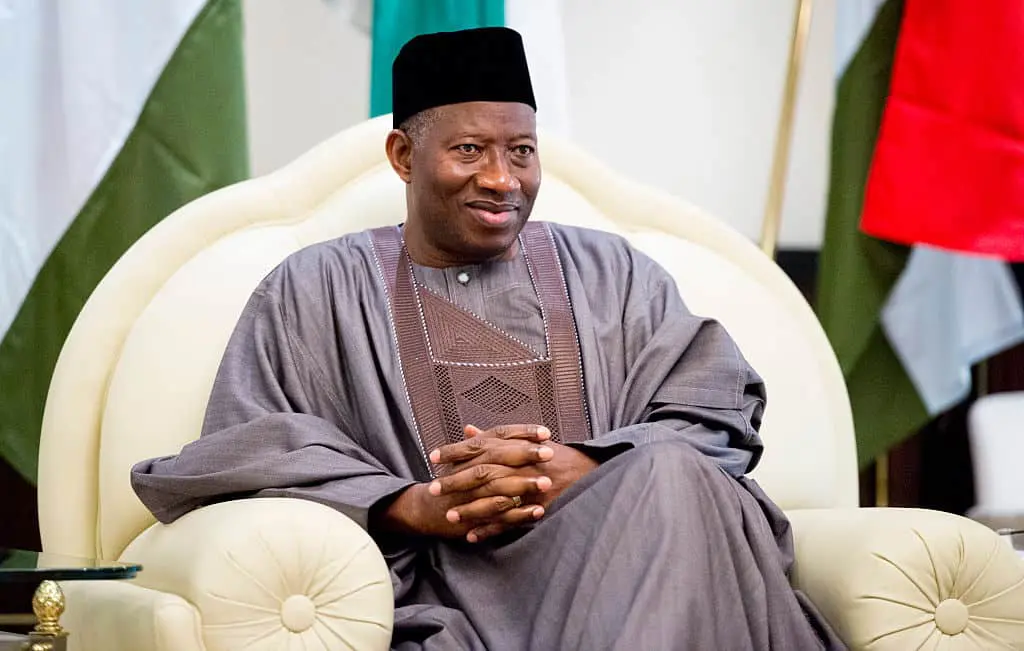Former Nigerian President Goodluck Jonathan has been described as a potentially strong contender if he chooses to run in the country’s 2027 elections, according to Prof. Tukur Muhammad-Baba, Publicity Secretary of the Arewa Consultative Forum (ACF), a prominent northern socio-political group. Speaking during an interview on Arise Television’s Morning Show on Thursday, Muhammad-Baba cited Jonathan’s post-presidency reputation and political resilience as factors that could bolster his appeal, while cautioning that significant challenges remain in a nation grappling with economic strain.
The remarks come amid growing speculation about Jonathan’s political future. Reports suggest the former leader, who conceded power in 2015 after losing to Muhammadu Buhari, is considering a bid to challenge incumbent President Bola Tinubu. While Jonathan has not publicly confirmed his intentions, Muhammad-Baba framed the ex-president as a figure with lingering credibility due to his graceful exit from office and subsequent diplomatic engagements. “He lost the 2015 election quietly and has since maintained a low profile, gaining international respect through roles like mediating regional conflicts,” he noted.
However, the ACF spokesperson emphasized that Jonathan’s path to relevance would require a clear vision. “Voters need to hear specifics about his plans for Nigeria’s future,” Muhammad-Baba said, questioning whether the former president has sufficiently distanced himself from past criticisms. During his tenure, Jonathan faced accusations of ineffective governance, often dubbed “clueless” by opponents—a label Muhammad-Baba suggested may no longer hold weight if Jonathan actively redefines his political identity.
The debate over Jonathan’s viability highlights broader uncertainties in Nigeria’s political landscape. Though he governed under the Peoples Democratic Party (PDP), rumors persist that the ruling All Progressives Congress (APC) previously sought to recruit him ahead of the 2023 elections. Muhammad-Baba acknowledged these speculations but stressed that without explicit confirmation from Jonathan, discussions remain theoretical.
Analysts note that Nigeria’s current economic woes—marked by inflation, currency instability, and fuel subsidy reforms—could dominate the next electoral cycle. Muhammad-Baba argued that any candidate, regardless of region or party, must address these hardships to gain traction. “The electorate is demanding tangible solutions, not just familiar faces,” he said, underscoring the heightened public scrutiny facing contenders.
Jonathan, a native of Bayelsa State in the southern Niger Delta region, served as president from 2010 to 2015. His potential return would test Nigeria’s evolving political dynamics, particularly the informal power-sharing tradition between the north and south. While his international stature and conciliatory image may attract some support, observers caution that reclaiming national leadership would require reconciling his past record with present-day expectations—a task Muhammad-Baba deemed “no small feat in today’s climate.”
